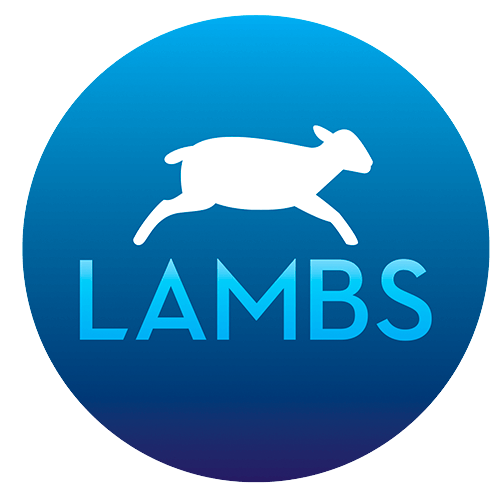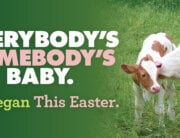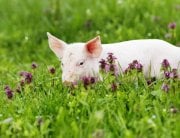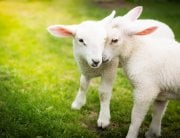By Dan Paden
PETA Vice President of Evidence Analysis
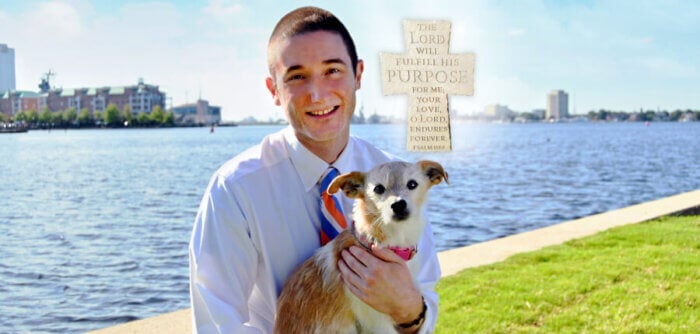
There’s a verse in the Bible that says, “Let us not become weary in doing good, for at the proper time we will reap a harvest if we do not give up.” During my nearly 20 years at PETA, I’ve seen some ugly things. Suffering can turn many people away from faith, and I get that. But it makes me even more committed—and more determined to stop cruelty.
I’m Catholic, and my parents raised me to respect all sentient beings. My faith calls me to protect “the least of these,” which led me to the work I do now—poring over hours of undercover video that PETA’s investigators obtain inside places where God’s creatures are abused in hideous ways. Seeing so much cruelty can be soul-crushing, but I find the strength to keep going through prayer—and knowing that my work gets animals out of these hellholes.
Moving Mountains for Animals
One of the “least of these” is a chinchilla named Chanel. When PETA’s investigator rescued her, she was in excruciating pain, with exposed bones in one of her legs. She was just one of nearly 1,000 chinchillas languishing in cages at Moulton Chinchilla Ranch, a squalid Minnesota breeding facility that sells chinchillas to pet stores and laboratories.
Chanel’s wounds have healed, and she’s in a loving home, where she gets to run, jump, and explore, as chinchillas were created to do.
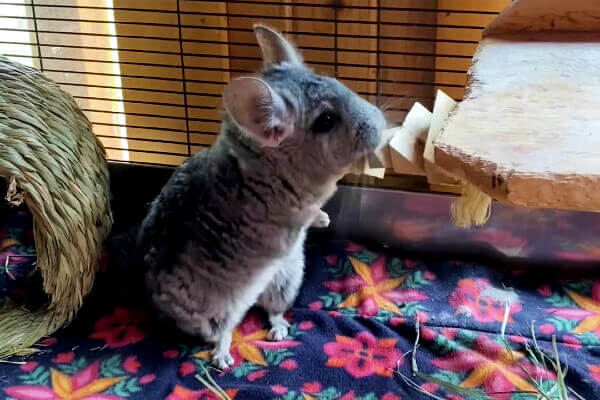
Based on the evidence I submitted, state law enforcement executed a search warrant at the facility and opened a criminal investigation. Federal authorities have also cited its owner with 42 violations of federal law.
I also helped PETA shut down a sham sanctuary in Florida called Darlynn’s Darlins. The operators deprived animals of food for days, only occasionally tossing them rotten produce or moldy bread. I hopped a flight to Florida, thinking I’d stay for two days while I submitted PETA’s evidence to law enforcement. Officers seized nearly 200 animals, including an emaciated pig, Spunky, who was covered with sores and unable to use his back legs. I ended up staying for two months, testifying in court and coordinating the animals’ placement at and transport to sanctuaries and homes. The owners of Darlynn’s Darlins spent more than nine months in jail and were banned from owning animals ever again.
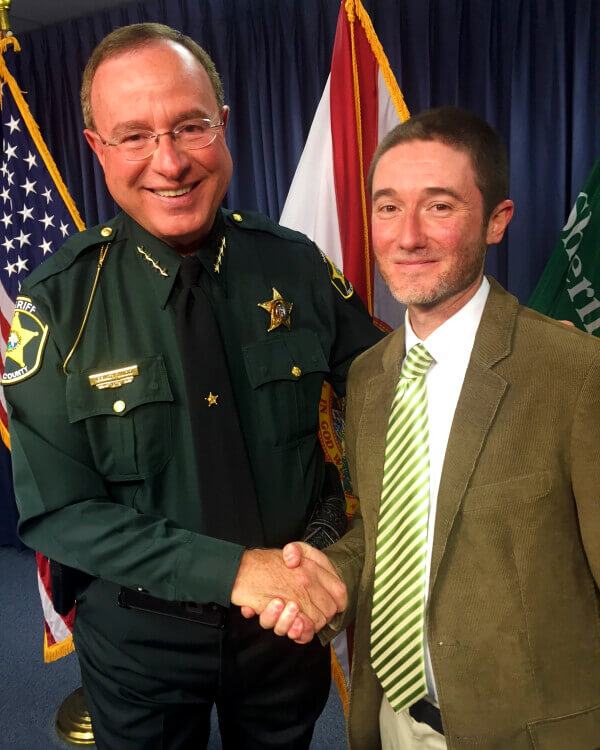
Saving the Lambs of God
Sheep are my favorite animals. They embody a peaceful, gentle, calm strength and remind me of the symbolism of “the Lamb of God.” Yet like many people, I once wore their fleece and cherished the wool sweaters that my grandparents gave me. After I learned of the agony that goes into that yarn and the blood that’s washed out of it, though, I changed my view (and my clothes). In one undercover video that I watched, a shearer twisted a sheep’s neck until he broke it—then kicked her headfirst down a chute, where she died. I have reviewed video footage from 14 of PETA’s exposés of the wool industry worldwide and found similar kinds of abuse in all of them. But thanks to the complaints that we had submitted, PETA secured the world’s first cruelty convictions of shearers and Scotland’s first conviction of a farmer for abusing sheep.
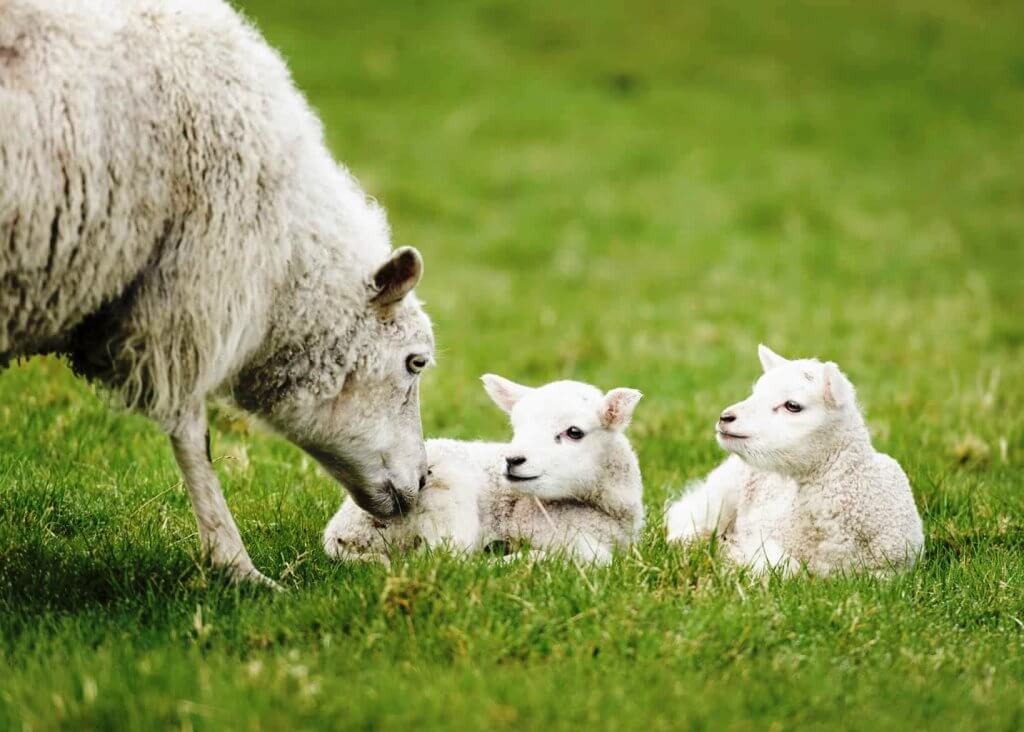 © iStock.com/George_Clerk
© iStock.com/George_ClerkWe have the opportunity—and the responsibility—to make sure the public, law enforcement, companies, and the media see animals’ suffering, in order to bring this world closer to one in which everyone, regardless of species, is allowed to be who they are and not be exploited.
Answering Animals’ Prayers
I spend my vacations in silence at a Trappist monastery, where I pray with monks I’m blessed to have as friends. My desk (which is always well stocked with toys and treats) is the unofficial clubhouse for the PETA office cats, who were rescued during the BP Deepwater Horizon oil spill in Louisiana in 2010. When I feel discouraged, I turn to the Psalms, which contain my favorite verse: “Let everything that lives and that breathes give praise to the Lord.” One day, all animals will be allowed to live as they were meant to and fulfill their own purposes, like my feline friends whose purring is a benediction to my days. That’s what I’m working toward, and I have complete faith that we will get there.
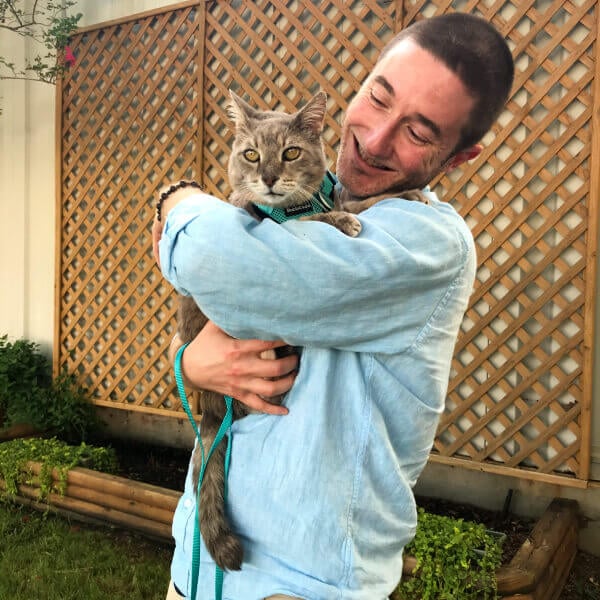
You don’t have to work at PETA to change the world for animals. If you belong to a church, a synagogue, a mosque, or another spiritual organization, leave PETA literature in the lobby, share vegan food and recipes at fundraisers and potlucks, and ask leaders to designate events as cruelty-free. If your church doesn’t already host a Blessing of the Animals, suggest starting one. And request prayers for animals who are abused for experimentation, food, clothing, or entertainment.
